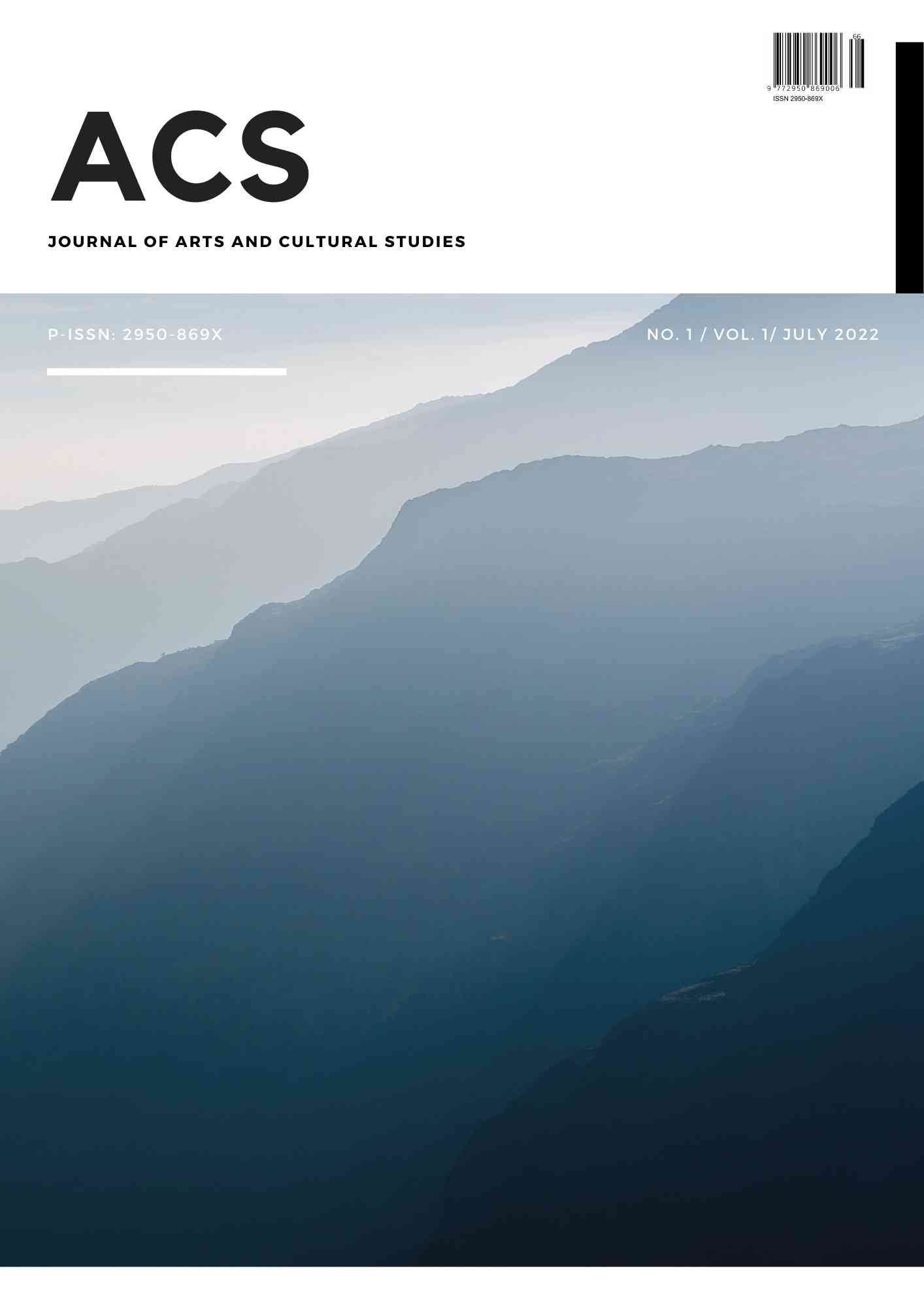 ISSN : 2950-869X
ISSN : 2950-869X
Background: COVID-19 impacted international and domestic tourism in South Korea. The China Tourism Academy analyzed Chinese tourists' post-COVID-19 behavior from July 14th to July 26th, 2021. The survey results showed a shift from offline to online tourism. Purpose: In 2022, the number of people entering and exiting South Korea increased by 326% to 19,414,228 with an increase in the recovery momentum. South Korea is one of the first countries to construct smart cities, guided by the "ubiquitous everywhere" concept. Open policies and smart tourism attract foreign tourists. After the epidemic, the tourism industry’s development accelerated, and local governments introduced various policies. For Chinese tourists, this study analyzed the travel trends, considerations, and Korean tourism policies in the post-epidemic era. It took Incheon as a case of a smart tourism city. It analyzed the measures the Korean tourism industry took to attract Chinese tourists through interviews and surveys. Methods: Qualitative methods and literature demonstrate the tourism industry’s post-pandemic impact on the South Korean economy. This highlights the importance and value of this study. The case study method focuses on Incheon Metropolitan City, analyzing the rise of smart tourism and new media technologies in South Korea. Finally, research interviews were conducted with professionals in related industries to understand their views and attitudes toward the transformation of the smart tourism industry in South Korea. Results: Post-pandemic measures for Chinese tourists entering South Korea have diversified, encompassing online and offline platforms with corresponding tourism policies. The transformation process towards smart tourism has accelerated. Contribution: This study analyzes the simplification measures for Chinese tourists entering South Korea from individual, government, and platform perspectives. It aims to attract more Chinese tourists and stimulate smart tourism development in South Korea.